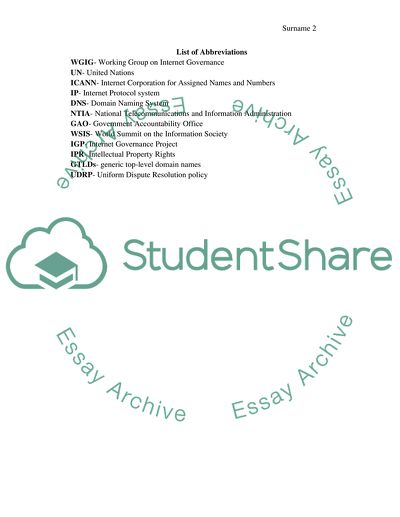Cite this document
(“Internet Law & Governance Essay Example | Topics and Well Written Essays - 4000 words”, n.d.)
Retrieved from https://studentshare.org/law/1674108-internet-law-governance
Retrieved from https://studentshare.org/law/1674108-internet-law-governance
(Internet Law & Governance Essay Example | Topics and Well Written Essays - 4000 Words)
https://studentshare.org/law/1674108-internet-law-governance.
https://studentshare.org/law/1674108-internet-law-governance.
“Internet Law & Governance Essay Example | Topics and Well Written Essays - 4000 Words”, n.d. https://studentshare.org/law/1674108-internet-law-governance.


